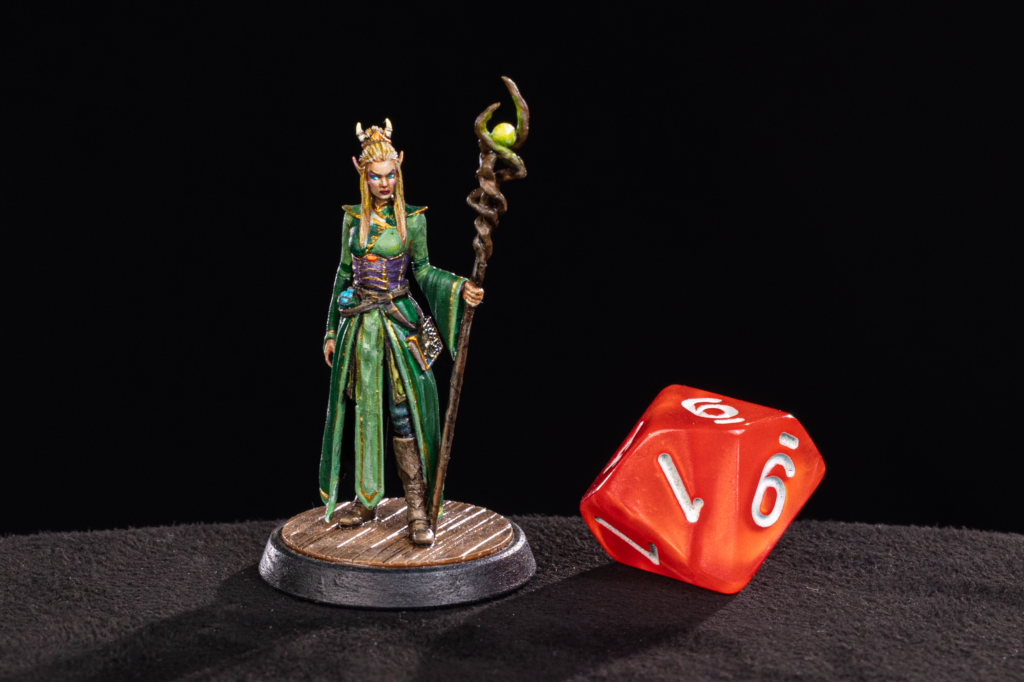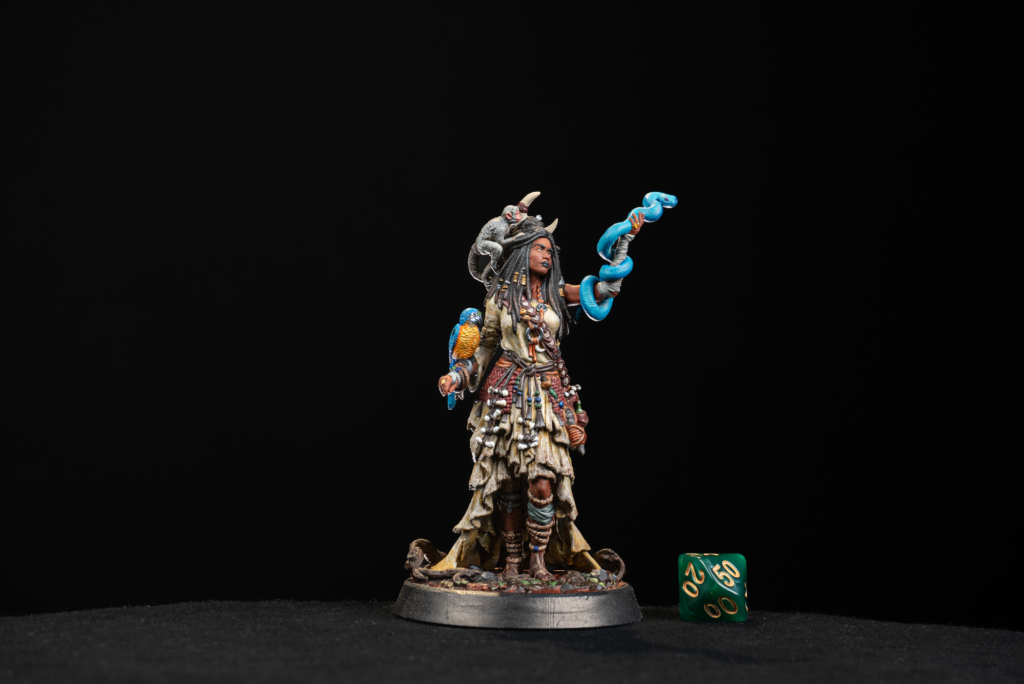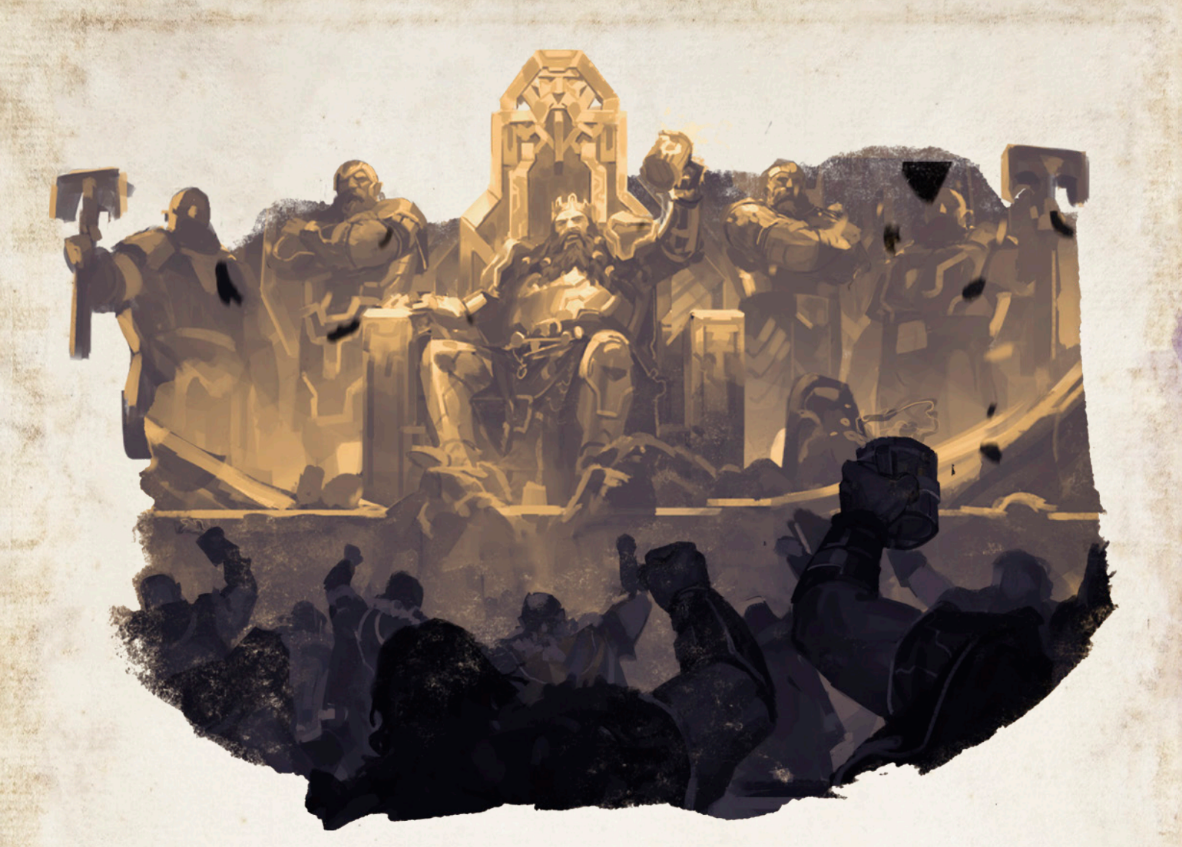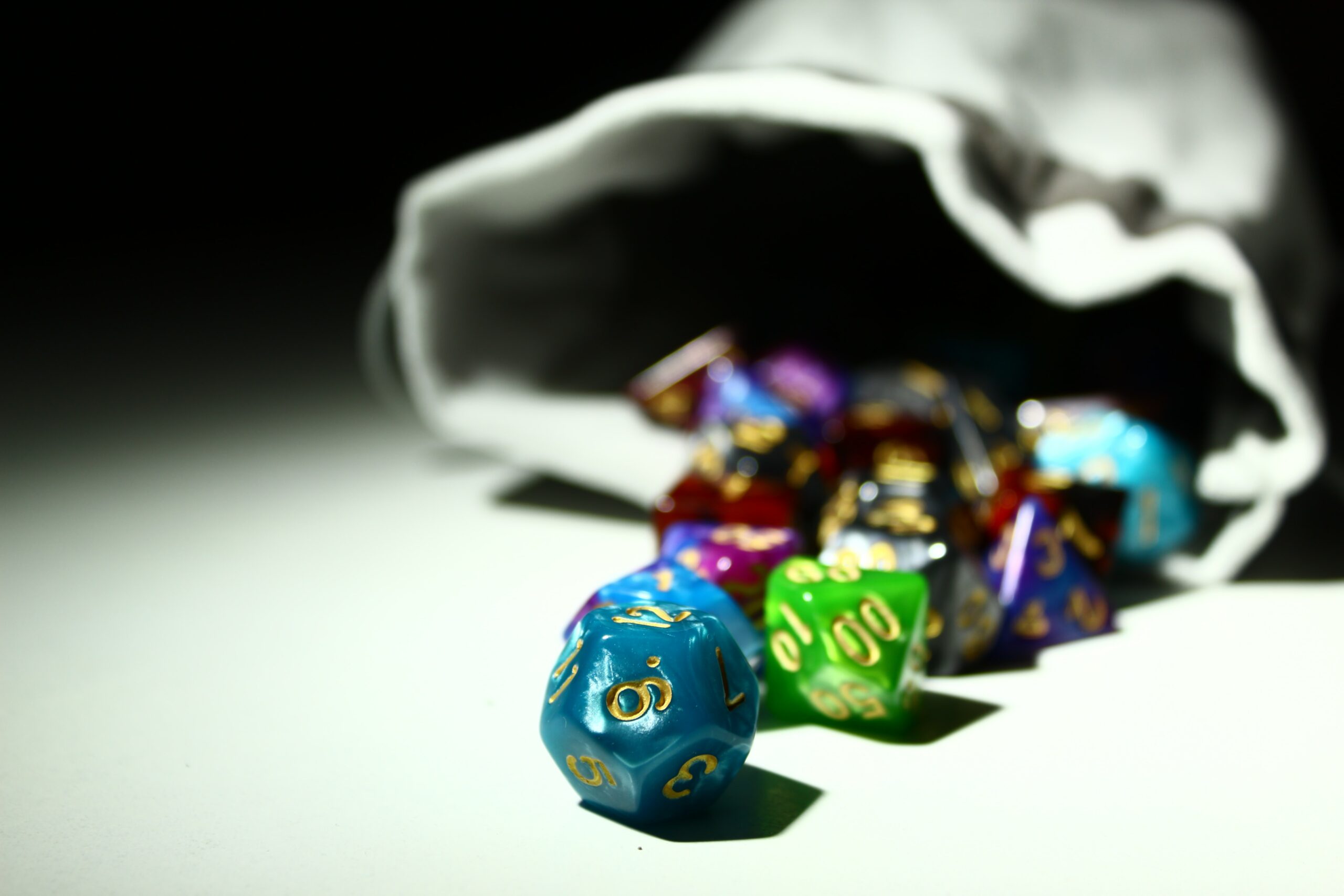Magic Users in RPGs
Wizards, Sorcerers, Clerics, Druids, and Warlocks

When we think about fantasy books, movies, and games, the first images that come to mind are old wise Wizards, brave Warriors, and fearsome dragons. There’s no denying it, we love magic, we love Wizards, but we tend to stereotype them a little bit. In fantasy TTRPGs like D&D, there are several kinds of magic users, and each one of those has its own traits and ways to make magic happen.
In this article we will talk a little bit about the most well known magic users in RPGs, the ones that use casting magic as its primary tool for adventures and survival. So we are not including bards, paladins, rangers, artificers and so on.
Several Kinds of Magic
The first way magic is traditionally divided in Dungeons and Dragons is between arcane and divine magic. It has changed a little bit along the way with the several Editions, but mostly arcane casters get their power from secret formulas and lineages and divine casters get it from their relationship with higher concepts, like the gods or nature. This used to translate roughly to “the ones that heal and the ones that nuke”. If Wizards and Sorcerers are strongly associated with fireball and lightning bolt to burn or shock your foes, Clerics are associated with healing and bringing dead people back to life. They are not the only casters around, nor are those the limits to their powers.

Clerics can also grant bonuses and blast people with some flame. Druids can turn into beasts, summon creatures and travel through trees. Warlocks have some tricks upon their unholy sleeves that they can do again and again, even though they aren’t always as flashy as a fireball. The class choice is not only about what you can do but how often, how hard and the flair of how you do it. Being blasted to bits by a Druid, a Cleric, a Mage, a Warlock, and a Sorcerer can feel very differently. And in a narrative and imagination game, it sure as hell matters how you picture it or how it makes you and the other players, and the DM, feel.
It’s Not Always What You Get, But How You Get It
We have talked a little bit about the main types of magic and their sources, but there are several distinctions that may matter, on a roleplay level, depending on the kind of player or DM you are.
If you are playing an arcane magic user, you can choose to study hard in books, scrolls, and traditions, and become a Wizard. You can inherit power from your blood lineage and discover maybe someone in your family had a relationship with a djinn, a dragon, a devil, and become a Sorcerer. You can also make a pact with a fey, a celestial, or another obscure power, and become an indebted Warlock, someone that has amazing powers but is always looking over their shoulder thinking about what that is gonna cost you.
Not All Faith Is the Same
True faith, as a concept, is hard to grasp. In real life, faith is as unique as humans are, but in a fantasy world where the gods can descend from their place, appear as shiny avatars, and gift you a stellar mace, or grant you spells based on your practices, there are some other ways to see it.

Clerics usually are seen as priests or sages that spread the word of their patron deity around, but that’s not necessarily true. You can put a different twist on a death Cleric that works as a gravedigger, a love Cleric that is a matchmaker, and so on.
Druids are even weirder, because they don’t even need to believe or have faith in the gods. Their power comes from nature and fighting to keep wildlife healthy and taking care of animals and plants can be their way to pray.
What will be your next power source when you play a magic user? After choosing, don’t forget to check 3 things every great RPG adventure must have.
Loot Studios can help you tell your story. Choose your favorite bundle from our previous releases or sign up for Fantasy or Sci-Fi to receive a new bundle every month. You can also check out some tips at our YouTube Channel.




